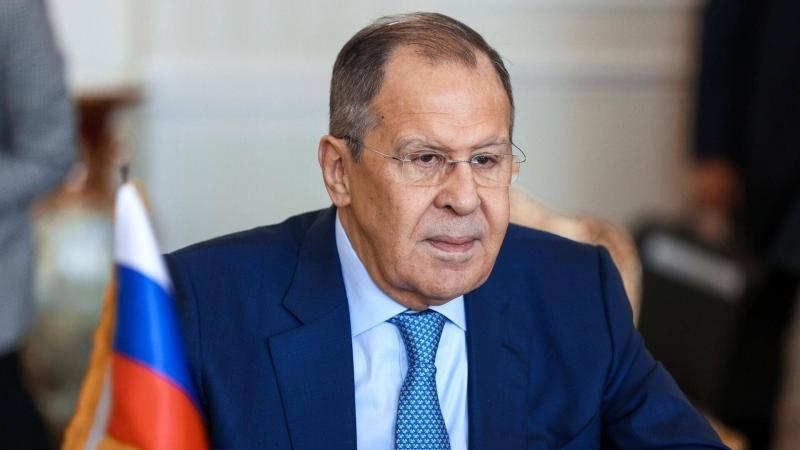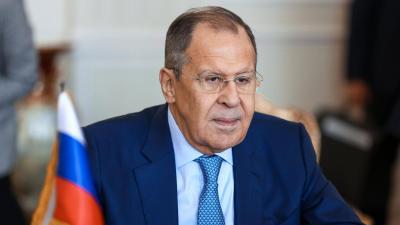Russian Foreign Minister Sergey Lavrov described the West's stance on the grain export agreement through Black Sea ports as "regrettable" during a press conference today, expressing sorrow over the lack of grain exports to the poorest countries in the world. Lavrov stated, "I do not see what those who wish to continue the Black Sea initiative can offer in terms of arguments," indicating that if the grain agreement collapses, Russia will supply grain to the poorest countries at Moscow's expense.
The United Nations and Turkey mediated the agreement last July to help address a global food crisis exacerbated by the Russian operation in Ukraine and the blockade of its ports in the Black Sea. Moscow has threatened not to extend the agreement beyond July 18 unless a series of its demands are met, including removing obstacles to the export of Russian grain and fertilizers. It asserts that promises of assistance for exporting its products have not been fulfilled.
Regarding the rebellion, Lavrov affirmed that "his country always emerges stronger and more resilient after facing any difficulties," responding to a question about Russia's stability following the uprising of the Wagner military group. He added, "If the West has any doubts about Russia's stability, that is their problem."
Additionally, Lavrov called for "an increase in the number of member countries in the United Nations Security Council to provide greater representation for countries in Asia, Africa, and Latin America" to break what he termed Western dominance in the world. He stated, "The majority of countries in the world do not want to live according to Western rules," reiterating Moscow's accusations against the West, particularly the United States, of attempting to prevent Russia and China from operating independently in a multipolar world.
Lavrov pointed out that "the West wants to somehow freeze the conflict in Ukraine to buy time to provide more weapons to that country." He added: "The West wants to first see Russia lose on the battlefield and to put its leaders on trial, and only then push for peace in Ukraine." He also accused the West of "exerting severe pressure on countries in Africa and Latin America to comply with the measures taken against Russia due to its military operations in Ukraine." He concluded: "Countries should be allowed to make their own decisions regarding how to manage their relations with Russia."




